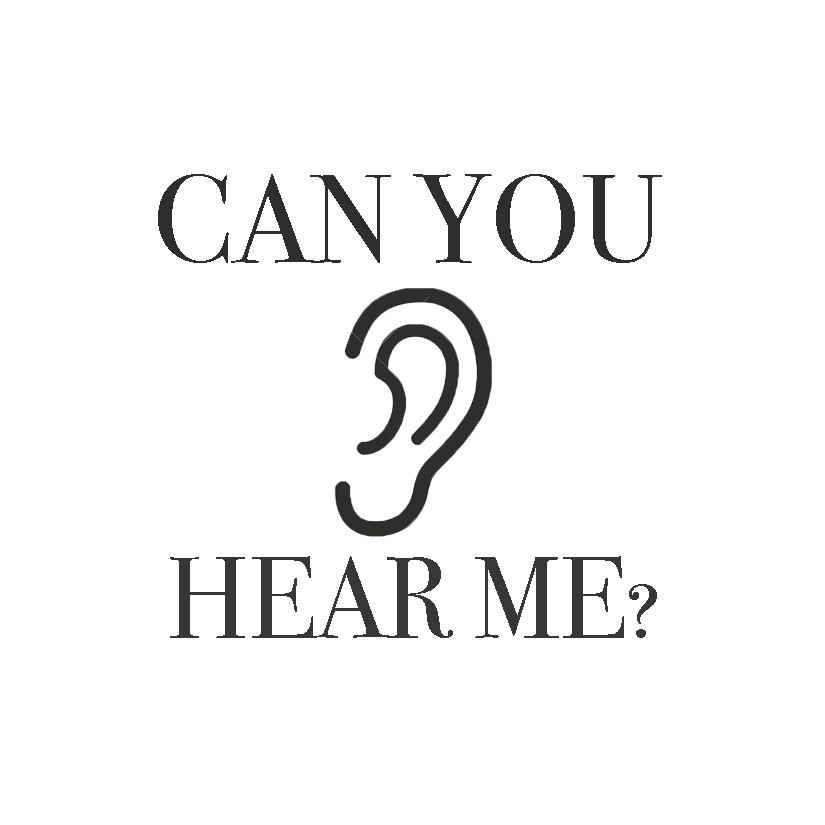Overthink
On Listening: The Role of Paying Attention When Writing
There is a misconception that writing is "...an art of speaking." In actuality, writing, poetry specifically, "is an art of listening," which makes listening to the world around us especially crucial.
Nov 11, 2018

n In order to write, one must listen for the stories. To this effect, poet and critic Craig Morgan Teicher claims, “Though it seems, at first, like an art of speaking, poetry is an art of listening,” in his new book exploring becoming and being a poet, We Begin in Gladness. Much of writing is being able to identify the stories in the world around us. They’re there hidden within the neighbor who is stuck in a wheelchair and screams at the dogs in frustration or the brother who leaves every project unfinished until he decides he will remodel his mother’s house and actually finishes it. Our world is teaming with stories, but sometimes the wind blows their song away from us instead of toward.
The wind isn’t our only impediment to the cuentos surrounding us, we are our biggest wall. It is easy to go inward when one is talking—to follow the cryptic trail of recollection. The other evening, my partner was talking about mushrooms supplements, which piqued a memory of my dad sautéing baby bellas for him and I with a stick of warm butter. My mom and brother’s dislike for mushrooms made them our thing. Something me and him would rejoice in almost every meal. And, just like that, I missed my partner asking whether we should buy a mushroom supplement bundle or only a bottle of Lion’s Mane. Many conversations begin and end this way.
Our inner thoughts not only distract us from the outside world, but it makes it difficult to listen to our authentic self amidst the rambling. Treicher goes on to say, “It can take a long time to learn to let this voice speak without getting in its way.” By “this voice,” Treicher is referring to the poet’s inner voice that takes in the world, which one should learn to listen to “clearly and…without interruption.” As I was reading poems from various projects, I could see the difference between poems I have gotten in the way of versus one’s that I have not. Unfortunately, the former is more common.
This is the challenge: How do we learn what to give attention to when we write poems? Treicher continues to discuss this “attentiveness” to one’s self as “poetic development, and it is the substance of the poet’s art.” However, he acknowledges that this act of listening is one of “slow learning” and “this growth is rarely steady, never linear, and is sometimes not actually growth but diminishment.” So, it seems whether or not a poet learns to listen to their authentic self, one is still destined to struggle with the unceasing caverns of “poetic development.” I find this both comforting and anxiety-inducing, yet Treicher describes it as “part of the compelling story of a poet’s way forward.”
So, I try to remind myself that I must listen and listen intently because, even if it seems like I’m not moving anywhere, the stories, the poems are waiting to be heard.

